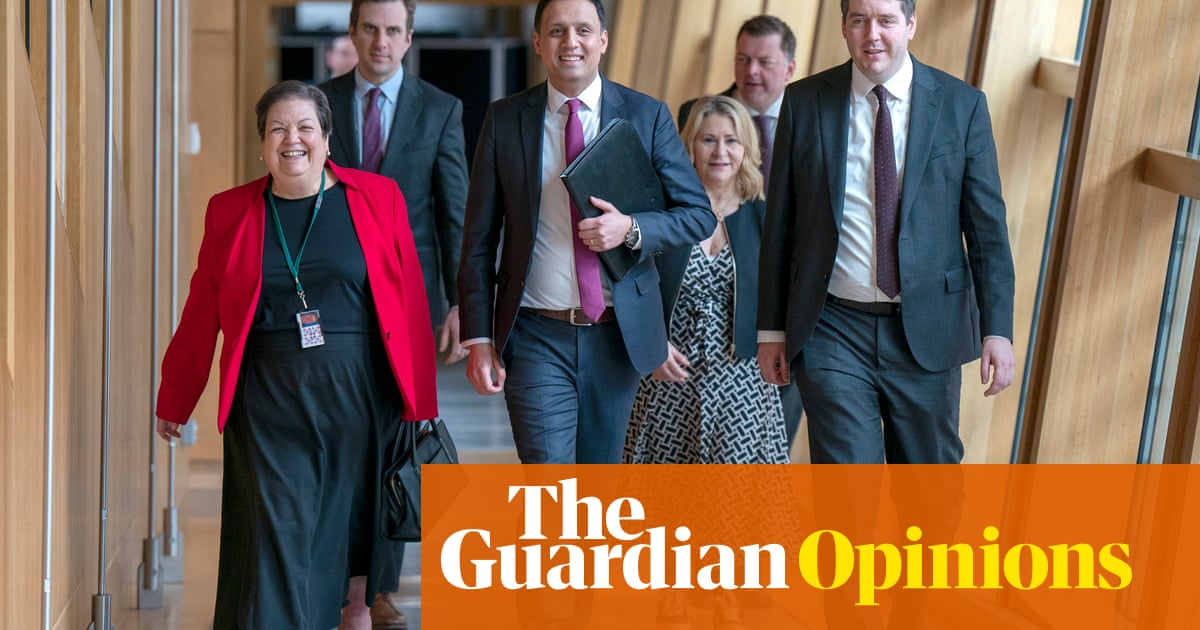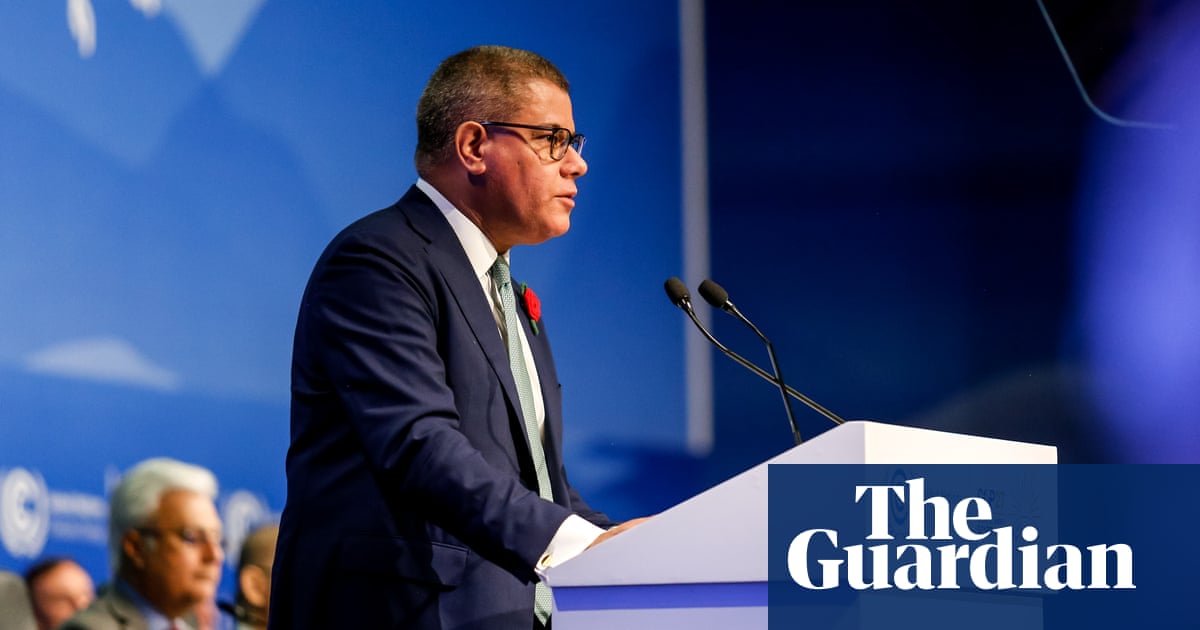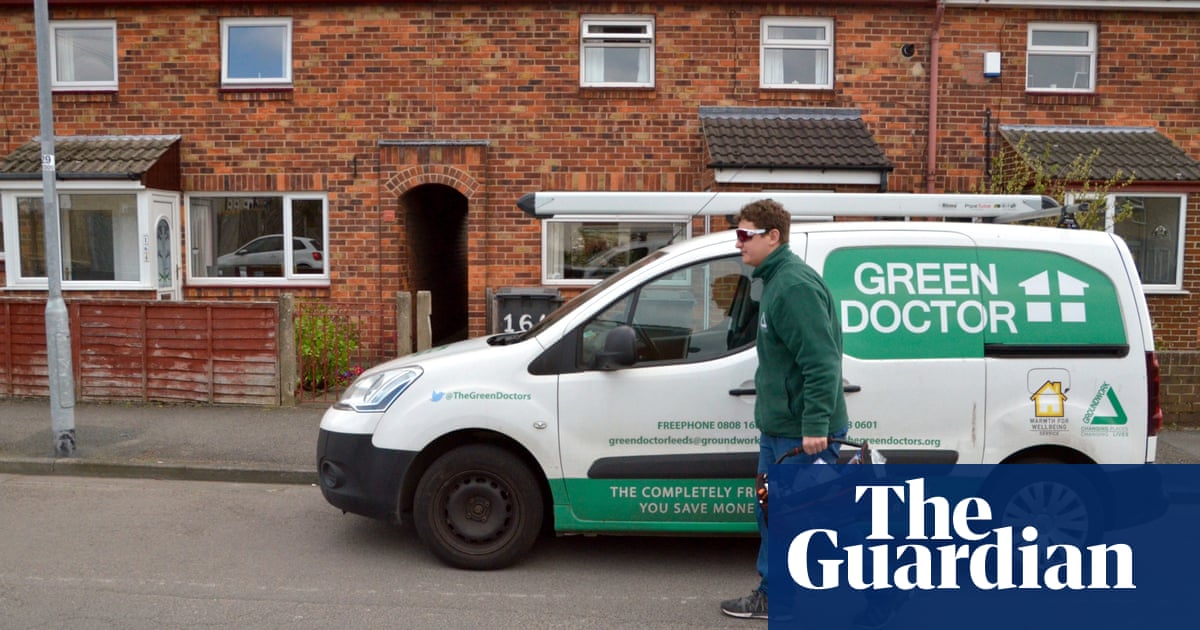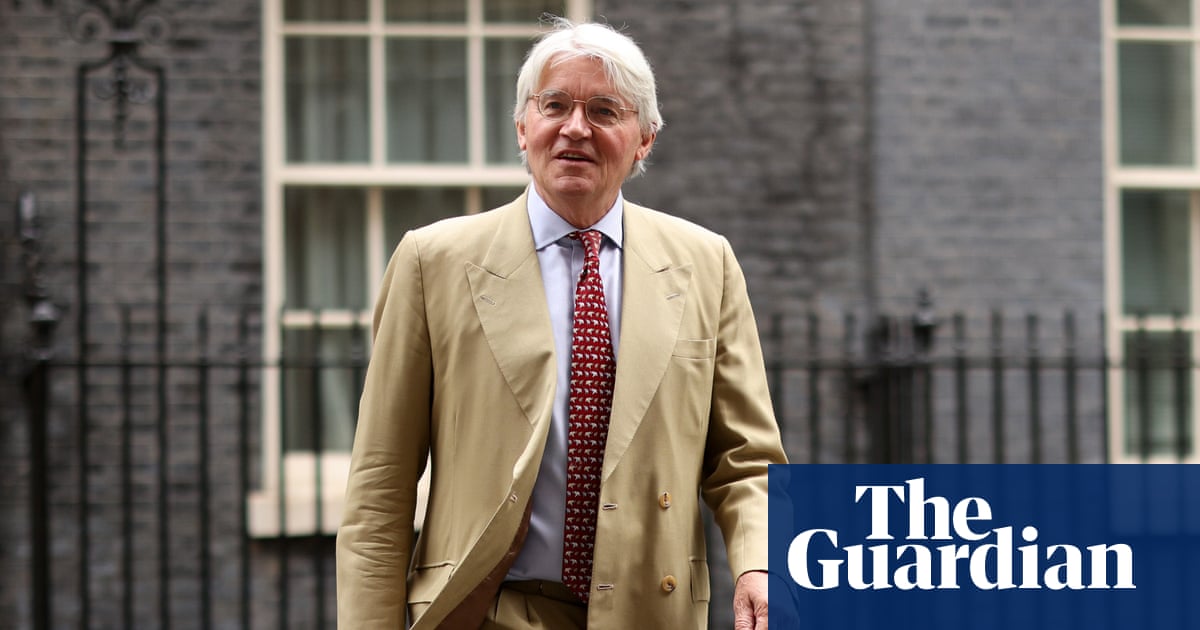
Mikaela Loach, youth climate justice activist, author of It’s Not That Radical: Climate Action to Transform Our World
The most important thing is to make clear that action on climate change will materially improve people’s lives. Insulation can mean warmer homes in winter, cooler homes in summer. Better air quality, greener cities – these are good for people’s health. It’s a deep shame that this government are not framing policy in this way, and instead making this a culture war issue – there’s no need for that. And if we don’t subsidise oil and gas extraction in the North Sea, we can have more money to spend elsewhere. As a medical student, I have experienced the decimation of the NHS. It is wrong to hand billions to fossil fuel companies.
Tom Burke, co-founder and chair, E3G thinktank, and veteran adviser to governments
The Tories are clearly split on the climate, and Keir Starmer had a wonderful opportunity to drive a wedge through them on this issue – and he missed that chance. People need to be told what the consequences of inaction on the climate are. Look at Florida and parts of California, where people can’t get home insurance because of the fire risk. Earlier this year, the price of vegetables in the shops went up rapidly, because of extreme weather in Spain. These are what some of the consequences of political failure on the climate look like, and they only get far worse.
Helen Clarkson, chief executive, the Climate Group
Australia has done this – the last election was fought on the climate. There was a huge gap opening up between what people could see with their own eyes and what they were being told by the previous government on the climate. We are getting that cognitive dissonance in the UK now too: newspaper front pages saying renege on net zero, alongside pictures of the fires in Greece. People can see what’s going on, and businesses are worried too – they want policy consistency, and endless flip-flopping is really damaging. Oil and gas businesses would like us to row back on climate policy, but big companies in other sectors don’t.
Bob Ward, policy director, Grantham Research Institute on Climate Change and the Environment, London School of Economics
Here’s what a green strategy could look like: Sovereign green bonds can raise the money for investments in accelerating the transition away from fossil fuels. Ban new oil and gas development. New planning rules that allow communities to share benefits for hosting solar and wind farms. A national programme to electrify heating, carried out street by street. Every new building from 2030 to meet energy performance certificate A standard, and a clear timetable to retrofit every existing home and business to the same standard by 2040. A massive recruitment and training programme, including apprenticeships, to create the workforce for building our smart and clean buildings and transport system.
Shaun Spiers, executive director, Green Alliance thinktank
[In the US] Joe Biden is already doing this – the Inflation Reduction Act is popular and is the future of the US economy, taking advantage of opportunities. I can’t really see a future for British jobs and economic growth, except by doubling down on going green. What is the alternative? That’s what anyone who wants to row back on green policies has to show us. There is a panic among the UK’s blue-chip businesses, who see the economic importance of the green agenda, and are alarmed that they’re being cast adrift.
Paul Bledsoe, strategic adviser at the Progressive Policy Institute in Washington DC, and former White House climate adviser under President Bill Clinton
The US under Joe Biden has made the politically wise decision to subsidise clean energy technologies to cut emissions, rather than imposing a tax on fossil fuels which American voters despise. This approach already has attracted tens of billions of dollars in new clean energy investments, with the promise of trillions more over the next decades creating millions of new jobs and reducing consumer energy costs while cutting US emissions deeply.












